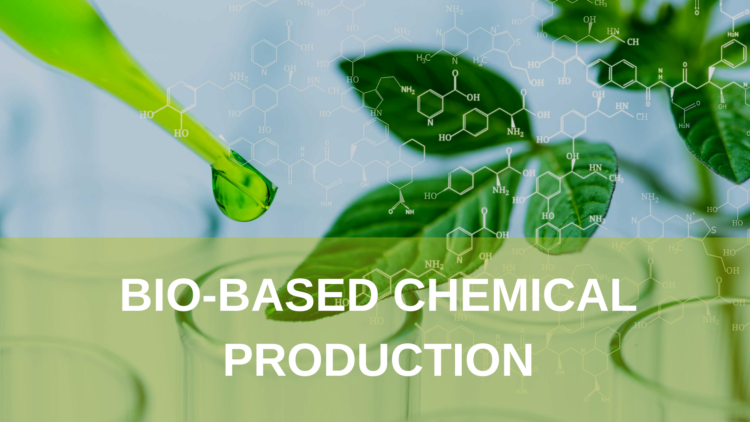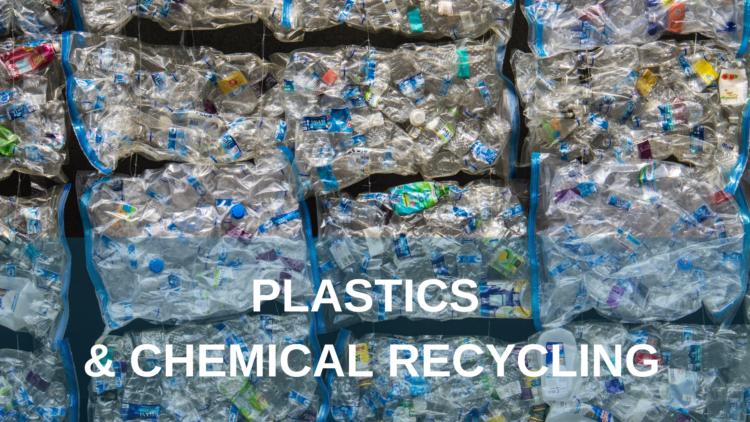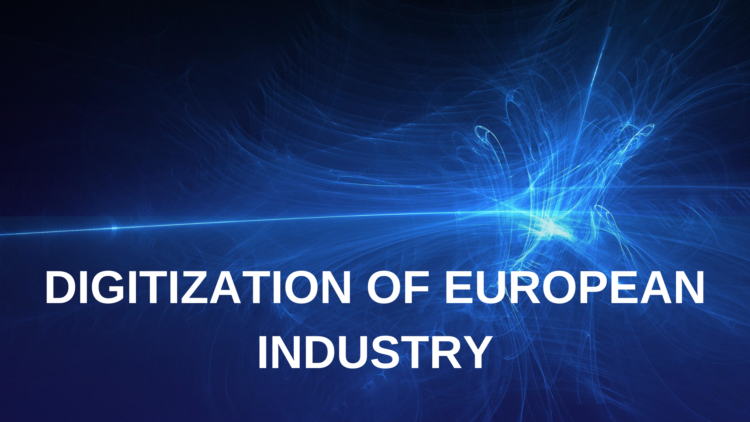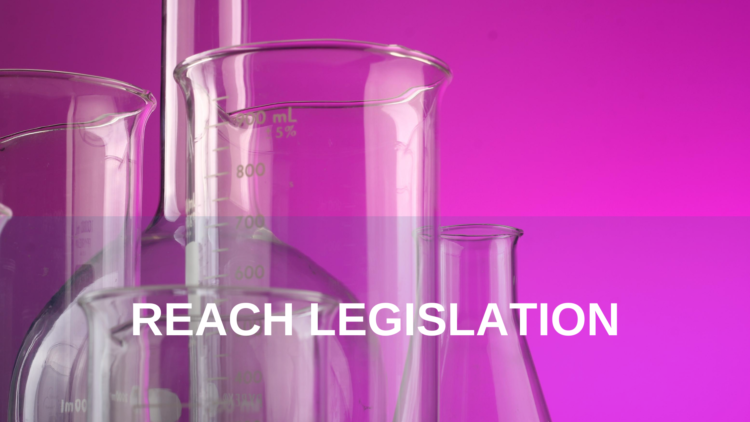ECRN promotes successful regional policies and strategies concerning the competitiveness and the sustainable development of the chemical industry. By sharing knowledge and knowhow, we bring successful regional policy approaches and challenges at the heart of the European policy debate, connecting the European and regional dimensions of policymaking. Our vision is the creation of a Europe-wide network of chemical regions where competitive, sustainable and innovative European chemical value chains are built on cooperation, sharing and joint actions.
OUR POLICIES PRIORITIES

Renewable hydrogen is a key component for success for the EU energy transition and to lead Europe towards climate neutrality by 2050. Hydrogen has various applications across industries and economic sectors and it can be used as a feedstock, fuel, or an energy carrier and storage. Most importantly, it is essential to decarbonise the chemical industry and to phase regions out of coal or natural gas, without jeopardizing economic growth, the competitiveness of our companies or our social prosperity.
Several ECRN regions have already committed to clean hydrogen solutions: they are working on the creation of electrolysis plants and financing cross-border investment projects to increase interregional collaboration, align climate-energy policies and boost innovation and competitiveness of the chemical sector. ECRN gives voice to those regions that are making the transition from the production of fossil fuels to alternative. The Network advocates for a greater role of regional and local authorities in the EU energy transition and for increased EU support to interregional innovative energy projects. READ MORE

The development of a sustainable bioeconomy has enormous potentials to increase the competitiveness, sustainability and modernization of the European economy. As many bioeconomy-enabling products and solutions are based on chemicals, the role of the chemical industry is key to ensure the success of the European bioeconomy. Bio-based solutions have enormous potentials to replace fossil fuels, reduce energy demand, pollution and waste, while increasing the reuse and recyclability of materials and products.
Since 2015, ECRN is raising awareness on the role of sustainable chemistry and regional bio-based production in the EU bioeconomy. The network wrote a joint statement “Sustainable Chemistry for life. The role of Chemistry in the European Bioeconomy” in coollaboration with ERRMA (European Renewable resources and Materials Association), contributed to the Committee of the Region’s Opinion “Local and regional dimension of bioeconomy and the role of regions and cities”, and hosted several events to promote the potential of regional bio-based production and sustainable chemicals. Furthermore, ECRN is part of the Power4Bio Horizon 2020 project supporting 11 European countries in the development of regional bioeconomy strategies. READ MORE

In the EU, the potential for recycling plastic waste remains largely unexploited. Only 15% of EU-collected plastic waste in the EU finds its way back into the EU plastic market. For the EU to achieve its ambitions to become climate neutral by 2050, much more waste plastic needs to be recycled, European recycling capacities need to be expanded, as well a fully functional single market for plastic waste needs to be created. Transitioning from a linear economy to a circular economy will also require the use of innovative technologies such as chemical recycling. As chemical recycling can treat waste that can’t be recycled mechanically, it plays an important role in the mix of solutions to tackle the problem of plastic waste.
Several ECRN regions are already boosting innovation and investments in innovative recycling technologies. ECRN facilitate interregional cooperation to advance research and development of innovative solutions to halt plastics waste and brings the latest innovative technologies developed in ECRN members regions to the attention of the EU. READ MORE
European Small and Medium Enterprises (SMEs) employ around 100 million people and account for more than half of Europe’s GDP. SMEs are drivers of economic growth, key players in cross-sectoral and cross-regional value chains and enablers of innovation. They also have a central role in achieving Europe’s environmental and social goals. However, they are also the most vulnerable to the economic cycles and uninformed legislation. For this reason ECRN decided to make SMEs concerns a cross cutting theme across all its priority policy areas.
ECRN works to consolidate innovative industrial value chains that transcend the boundaries between sectors, players, technologies and countries and to facilitate the collaboration between regional authorities and local industries. Creating a favorable operating environment for SMEs it is essential the economic and social wellbeing of our societies.
OTHER AREAS OF EXPERTISE

The new industrial revolution, digitisation, industry 4.0 and advanced manufacturing are shaping the future of the European industry. As digitisation does not stop at regional or national borders, we should actively look for areas of possible cooperation to seize the opportunities provided by this transition. To embrace the opportunities that digitization can offer, regions are required to swiftly ensure the relevant infrastructure, education, skills and investment.
ECRN works to unlock the potential of this industrial transformation, focusing on the impact of digitisation on European chemical industry and the role of regional strategies to provide the appropriate framework conditions.

REACH regulation has a direct impact on chemical companies, their competitiveness, innovativeness and growth. After more than 10 years of existence, REACH has contributed significantly to the harmonisation of EU chemicals policy, safety and data transparency. Long-lasting challenges, however, remain untackled and need to be addressed on political level.
REACH has been in the focus of ECRN work since the initial shaping of the policy at EU level. ECRN participated in the official reviews of the legislation, its implementation and impacts and has been engaged in discussions with other relevant stakeholders on the topic. Hosted by our member, the region of Hessen, we organized an Experts’ discussion on “REACH and procedures for SMEs”. With a common vision and voice, we also engaged in the public consultation on REACH REFIT and on the consultation of EU Chemical Strategy for Sustainability.

Cohesion Policy is the second-largest policy of the EU in terms of budget and it has as one of its main beneficiaries the European regions. By reducing social and economic disparities, it plays a key role in strengthening the European integration project and it supports regions to align their strategies to EU priorities.
ECRN is an example of a success story of the INTERREG Programme, which allows regions to work together across borders. Our members have been joining forces in various interregional projects such as ChemClust, ChemMultimodal, and S3Chem. Futhermore, ECRN is leading the chemical industry’s thematic partnership under the smart specialisation S3platform, supporting the establishment of common projects and regional joint investments, with the objective of modernization of the chemical industry to a sustainable, energy- and resource-efficient sector.
Given the importance of Cohesion Policy, ECRN has been working on a joint vision for the future of Cohesion Policy post 2020, emphasizing the contributions of the policy for European regions and the need for its continuity.


